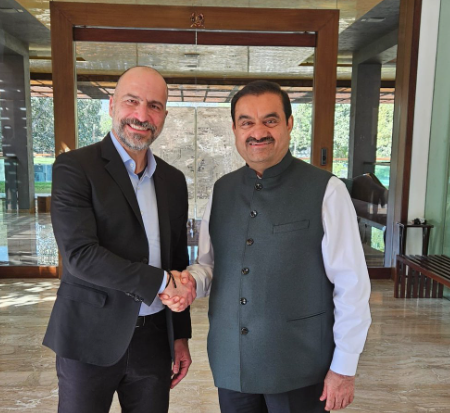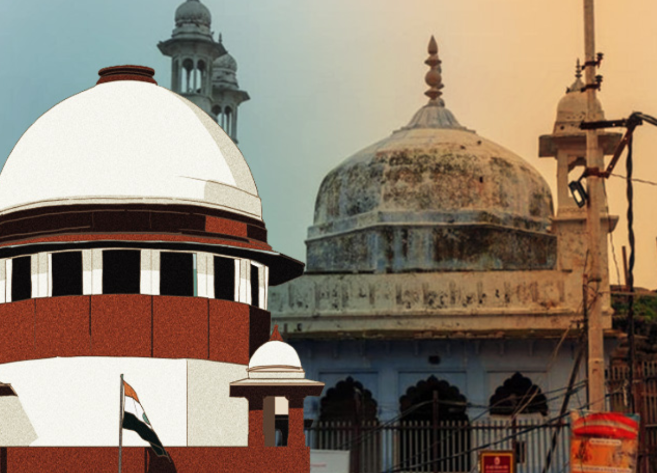
Gyanvapi Mosque Embraces Inclusive Tradition as Hindu Puja Perseveres Despite Dismissal Harmony Prevails
Gyanvapi Mosque Cellar, Ensuring Cultural Continuity, Allahabad HC Upholds Hindu Puja
In a significant legal development regarding the Gyanvapi mosque in Varanasi, the Allahabad High Court has dismissed the appeal filed by the Gyanvapi Mosque committee, upholding the Varanasi district court’s ruling allowing Hindu prayers to continue in the southern cellar of the mosque, known as the ‘Vyas Tehkhana’. Justice Rohit Ranjan Agarwal of the Allahabad HC delivered the verdict, emphasizing the lack of grounds to overturn the district judge’s decision.
Gyanvapi Mosque Cellar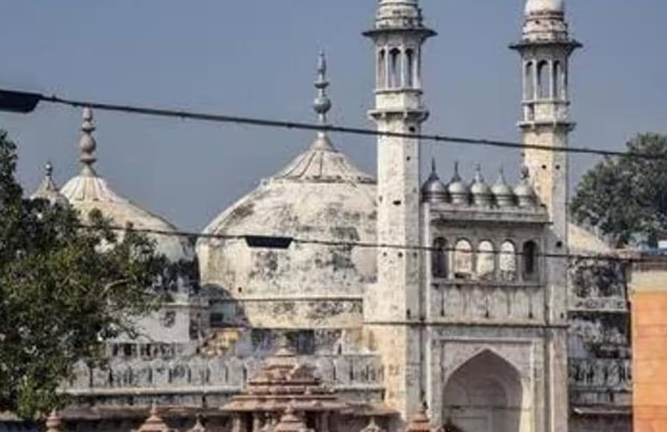
Advocate Prabhash hailed the verdict as a “big victory of the Sanatana Dharma,” emphasizing the continuation of Hindu rituals in the Tehkhana under the supervision of the District Magistrate. Another advocate, Vishnu Shankar Jain, representing the Hindu side, highlighted the dismissal of the appeal and affirmed the ongoing puja’s continuation, expressing readiness to defend the ruling in the Supreme Court if challenged.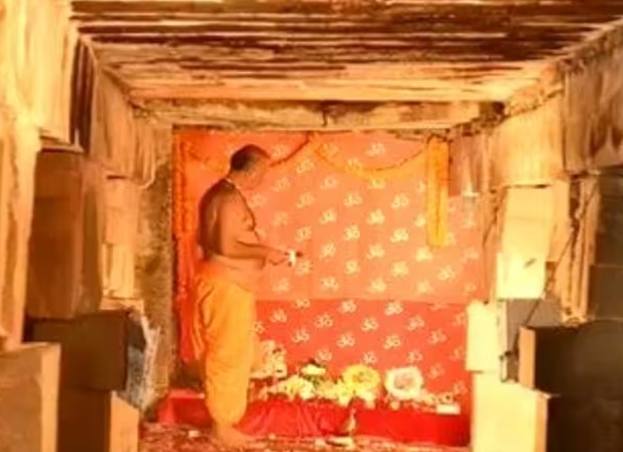
The Varanasi court’s ruling on January 31 permitted Hindu prayers in the southern cellar of the Gyanvapi mosque, directing the district magistrate to facilitate the puja with a nominated priest from the Shri Kashi Vishwanath Temple Trust. Subsequently, the Anjuman Intezamia Masajid Committee, managing the mosque, filed an appeal challenging this decision before the Allahabad High Court on February 1, following the Supreme Court’s refusal to urgently hear the mosque committee’s plea.
However, AIMIM president Asaduddin Owaisi criticized the Varanasi court’s decision, alleging a violation of the Places of Worship Act. Owaisi questioned the judge’s decision on his last day before retirement and argued against the validity of claims regarding the presence of idols inside the mosque complex.
The Gyanvapi mosque comprises four cellars in the basement, with one still under the possession of the Vyas family. The mosque committee asserts ownership of the ‘Vyas Tehkhana’ as part of the mosque premises, disputing any rights for worship granted to the Vyas family or others.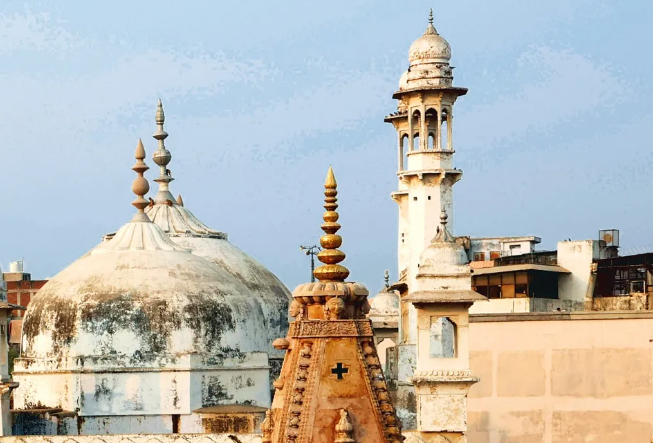
Contrarily, the Hindu side contends that the Vyas family conducted religious ceremonies in the basement until 1993 but ceased following a government directive. They justify the continuation of Hindu prayers based on historical practices predating the directive.
The legal dispute surrounding the Gyanvapi mosque underscores the complex intersection of religious sentiments, legal principles, and historical legacies. While the court’s decision reaffirms the right to religious practice, it also raises concerns about adherence to legal frameworks and communal harmony.
As the legal proceedings unfold, the Gyanvapi mosque case remains emblematic of broader debates surrounding religious freedom, cultural heritage, and secularism in India. The resolution of this contentious issue will likely shape future discourse on religious coexistence and legal jurisprudence in the country.
The Gyanvapi mosque case has ignited passionate debates and discussions across various sectors of society, reflecting the deep-seated tensions and complexities surrounding religious rights and heritage preservation in India. As the legal battle unfolds, stakeholders from diverse backgrounds continue to grapple with the implications of the court’s decision and its ramifications for communal relations and legal jurisprudence.
At its core, the Gyanvapi mosque dispute epitomizes the broader challenges of navigating religious diversity and pluralism in a secular democracy like India. The clash between competing claims to the mosque’s premises underscores the delicate balance between religious freedoms and the rule of law. While the court’s ruling affirms the right to religious practice, it also raises pertinent questions about the interpretation and application of constitutional principles in sensitive religious matters.
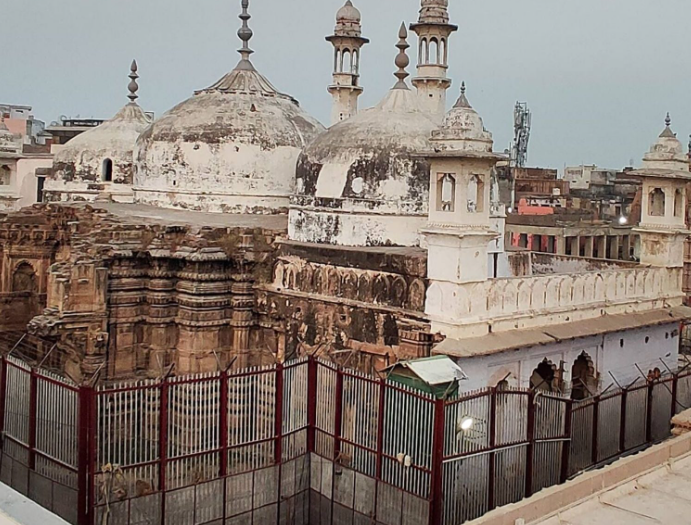
Furthermore, the legal proceedings surrounding the Gyanvapi mosque have reignited discussions about the efficacy of the Places of Worship Act, which seeks to maintain the religious status quo as of August 15, 1947. Critics argue that the Act’s provisions are insufficient in addressing contemporary disputes over religious sites and fail to adequately protect the rights of religious minorities. They advocate for legal reforms that account for evolving socio-political dynamics and ensure greater inclusivity and fairness in resolving religious disputes.
For the latest updates-click here.


